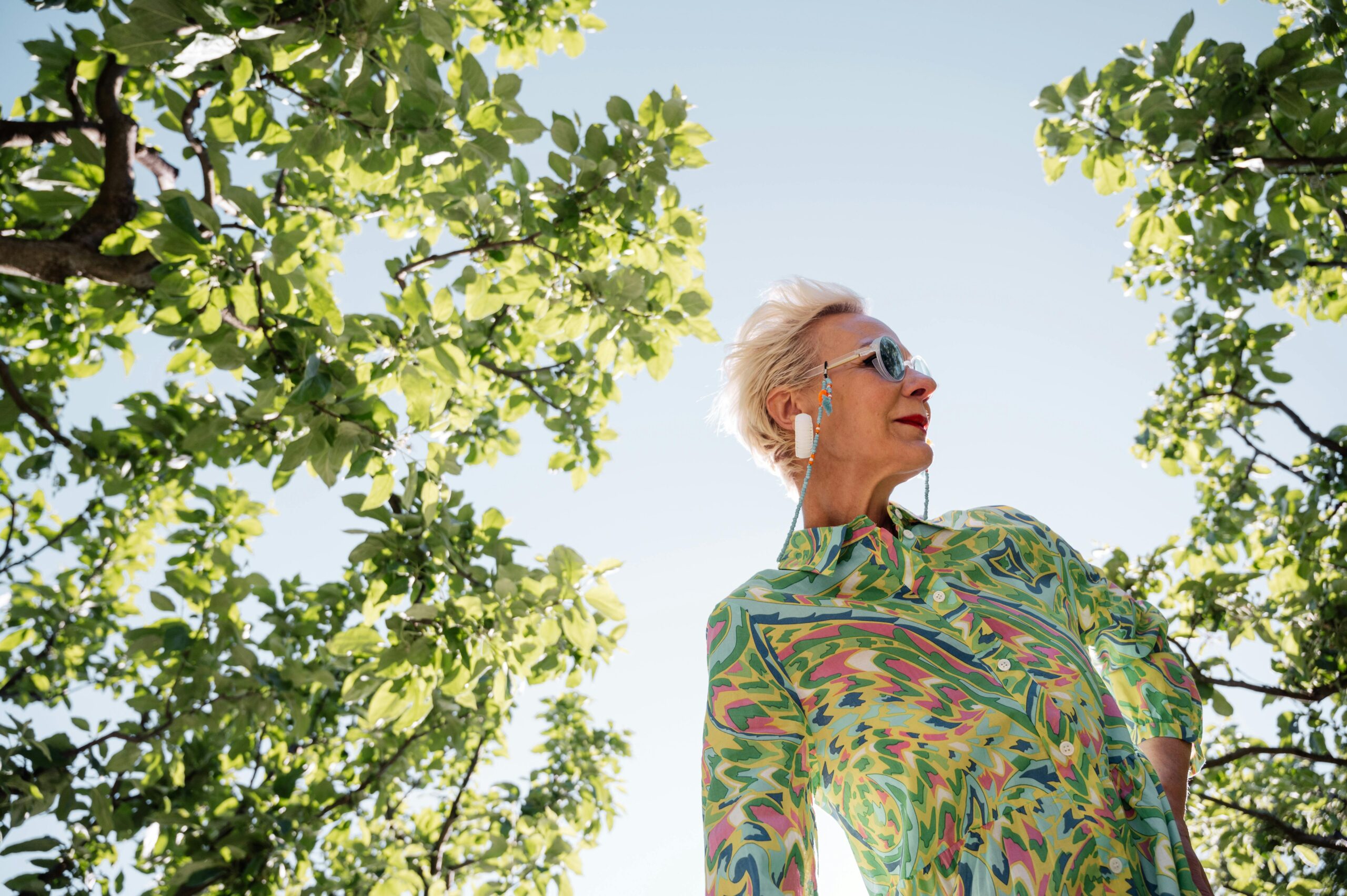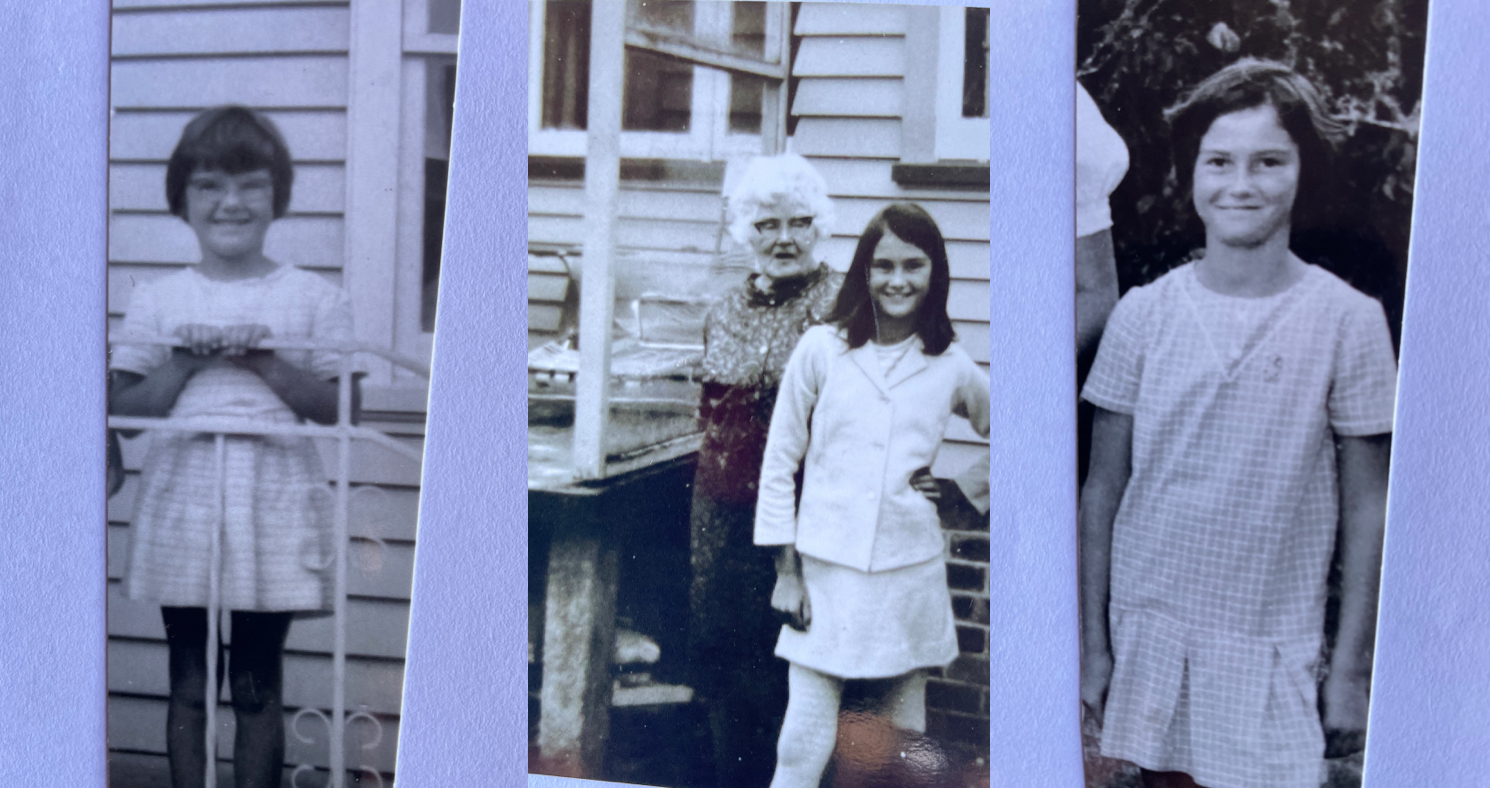
By Madison Baker
Vaccinations are among some of the most divisive topics up for debate today. Though vaccines are one of the primary methods of disease prevention and have been for several centuries, there has been a growing movement that rejects the practice and aims to fight disease in other ways.
An increasingly vocal minority of people, especially parents, are speaking out against them for a variety of reasons: from the belief that vaccines cause autism to fear of serious side effects they may have on children. This point of view greatly clashes against that of people who believe that vaccination is an absolute necessity for all who can do so safely.
But what some debaters on both sides of this issue may fail to realize is that vaccination and feminism — another highly polarizing topic — are intertwined. Vaccines, perhaps surprisingly, are inherently a feminist issue, both historically and in the modern world. And by understanding the vaccine debate in its historical, feminist context, we may be able to draw new conclusions about this issue today.
The Fight for Bodily Autonomy
One of the hallmarks of fourth-wave feminism is the fight for bodily autonomy for everyone. Though women have been deprived of this right historically and are the focus of the movement, it also includes men, people of color, members of the LGBTQ community, and people with disabilities. People should be able to do what they want to and with their bodies, regardless of their identity.

Children, however, are in a slightly different position concerning bodily autonomy than adults. While they can begin learning about the necessity of consent early on, they are simply too young to be able to make all of their own decisions. Parents must make decisions for their children with their best interests, health, and happiness in mind. Parents, then, have the right to decide whether or not they vaccinate their kids.
No one appreciates others trying to control their body, and most parents don’t appreciate others criticizing their decisions or attempts to control how they raise their children. If we truly support bodily autonomy for everyone, we have to respect others’ choices, even if (especially if) we do not agree with them.
Building a Better World
However, another important aspect of modern feminism is the fight to make the world a better place for everyone to live. We have a responsibility to do what we can to improve our world and lessen the burden that its future citizens will have to carry. We have to make this world safe for each and every person to live in, especially for children.
Overall, children in the United States are fairly healthy — 94 percent have health insurance, 84.4 percent receive a preventative check-up annually, and 77 percent receive preventative dental care. However, from high obesity rates to mental health conditions, children continue to face myriad health concerns. There is still a lot of room for improvement in the world of children’s healthcare.

In the eyes of some feminists, vaccines are one of the most important and simplest ways we can make those improvements. Not only do they protect the person who is vaccinated, they protect everyone else around them, and particularly people who can’t be vaccinated at all (such as those who have compromised immune systems). Their priority and desire is to protect public safety.
Unvaccinated people can put others at risk of disease because they compromise herd immunity, which prevents the outbreak of illness because so many people are immune that it cannot spread. Choosing not to vaccinate a child, then, is not only a choice that affects them; it can affect everyone around them. It doesn’t seem fair to impose personal beliefs on others in this way, especially if it can impact them in a negative way. It can be challenging, if not impossible, to build a better world under these circumstances.
The Influence of Feminism
Some people think that vaccines are not really a feminist issue at all. While still important in its own right, some believe that vaccination and feminism are not related issues and that combining the two can have dangerous consequences for the validity of the movements.
In an article on Femalista, author Jessica Miller argues, “Although some might argue that this is a feminist issue, I don’t see it as such. I do see it as an issue that all people should know the truth about, especially feminists in this case, because a feminist who is on point about gender inequality, but cannot give you any scientific proof as to why vaccinations are vital for children, are going to bring a negative light to our already marginalized group.”

However founded her fears are, she neglects the history that vaccines and feminism share, which has contributed to today’s vaccine skepticism that she criticizes. In the United States, the 1970s and 1980s saw two key shifts: the push to increase immunization coverage and the women’s movement. These two movements came together as the federal government sought the help of mothers to ensure more children were vaccinated.
Women, influenced by shifting cultural attitudes about a woman’s role, changed their view of the medical world and their opinion of vaccines in particular. This, combined with a growing distrust of mainstream medicine, has led to the growing apprehension of vaccines today — despite the continued immunization efforts of medical professionals.
No matter what your opinion on the vaccine issue is, it is undeniably connected to feminism. Ignoring that fact only serves to continue the argument about vaccines without making any strides to solve the debate.
Neither side is inherently feminist, and you can choose to either support or oppose vaccines while continuing to be a feminist. It’s about choice and exploration. We live in a world where we can choose what to believe, and because that hasn’t always been the case, we can be open-minded to other points of view. We must continue to constantly question and examine this issue. It’s the only way we have a chance to make the world a safer, healthier place to live.


Madison Ann Baker is a writer, Netflix-binger, and pop culture enthusiast who lives in Idaho. Literature and linguistics are her two passions, both of which she studied in college. She enjoys writing about animals and health and wellness, but dabbles in a little bit of everything. In her free time, she enjoys hiking with her Borador, Dash, and re-reading Harry Potter. You can follow her on Twitter or check out more of her writing.
















